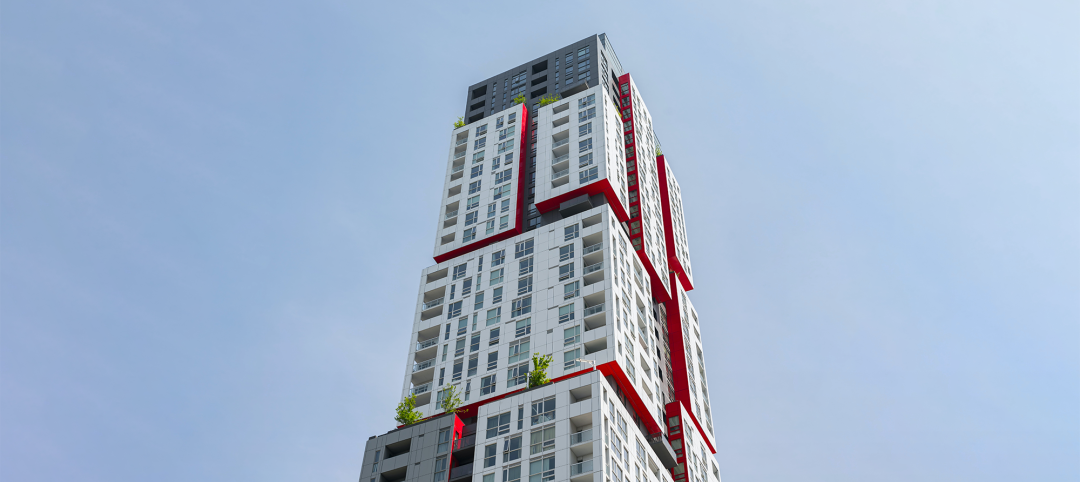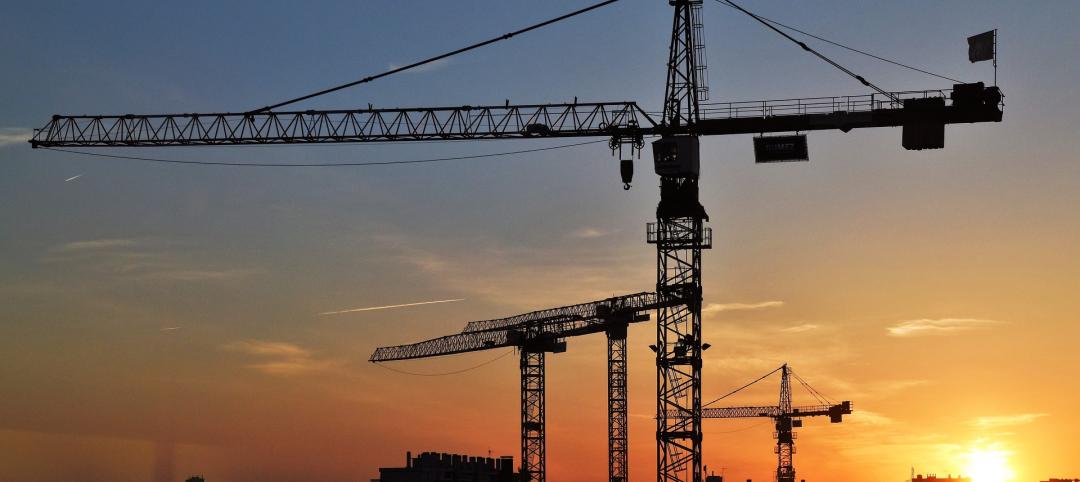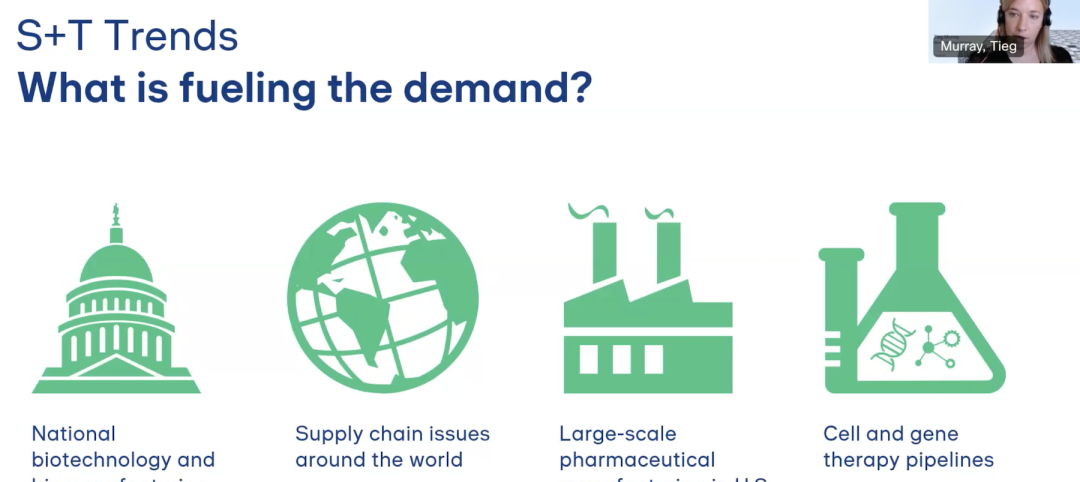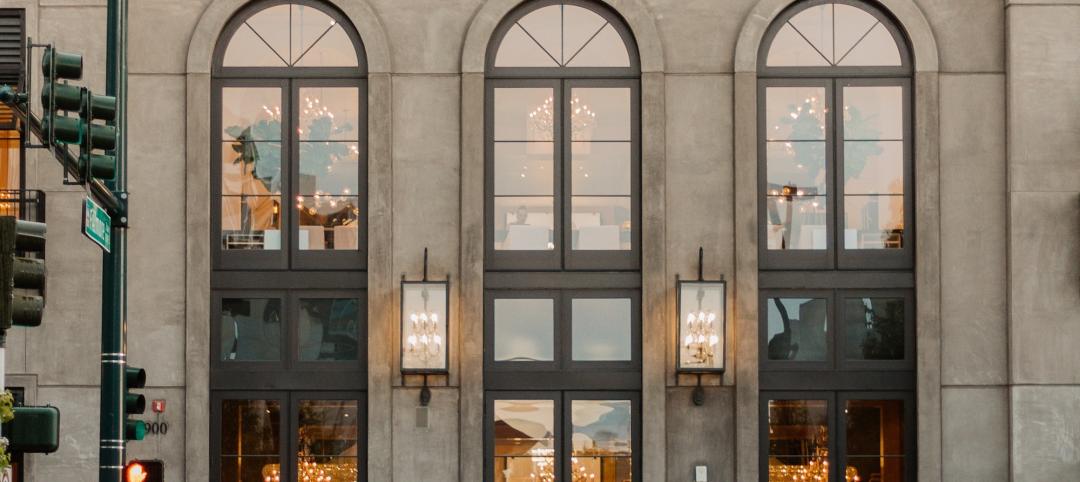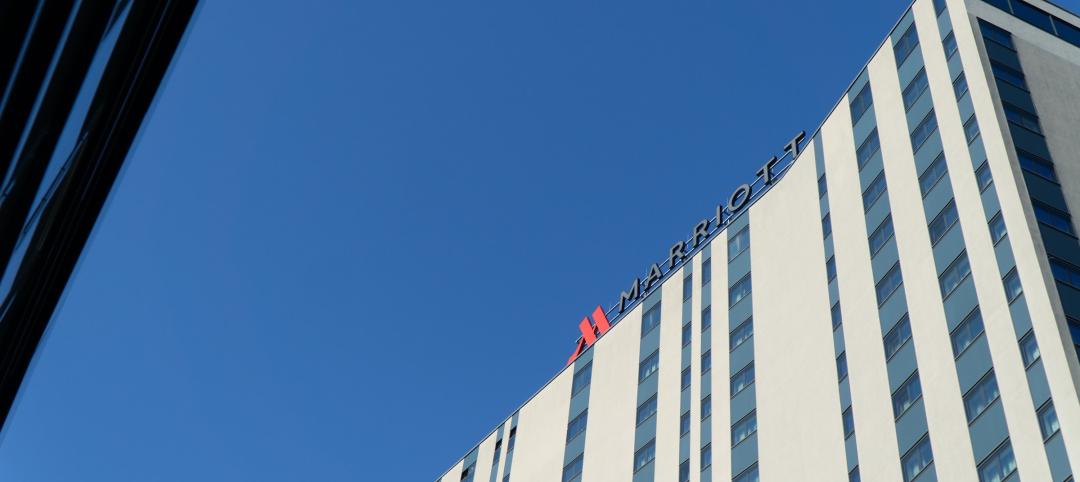A new report by Yardi® Matrix indicates that multifamily deliveries might outpace demand in some key U.S. housing markets.
Yardi Matrix conducted a study to determine which areas might be at risk of oversupply or undersupply over the next five years. The research revealed that deliveries in 2016 and 2017 helped compensate for the construction shortage in the wake of the Great Recession.
"Most of the metros that are at short-term risk of oversupply have strong economies and healthy multifamily demand, so units coming online should be absorbed by growing populations," the report concludes.
Markets and submarkets with outsize development activity, however, "can expect volatility" that will give rise to higher vacancy rates and stagnant rent growth. Achieving market equilibrium going forward will require developers to "intelligently calibrate the amount and location of new projects" to accommodate finite demand.
Yardi Matrix identified Denver, Seattle, Dallas, Phoenix, Miami and Charlotte, N.C., as key markets at risk of oversupply over the next five years. Demand is projected to exceed supply in Los Angeles, California's Inland Empire, Houston, New York, San Diego and Sacramento, Calif.
Read "U.S. Multifamily Supply and Demand Forecasts by Metro" to learn more about homeownership, population shifts, social trends and other factors affecting the multifamily market.
Related Stories
Industry Research | Dec 28, 2022
Following a strong year, design and construction firms view 2023 cautiously
The economy and inflation are the biggest concerns for U.S. architecture, construction, and engineering firms in 2023, according to a recent survey of AEC professionals by the editors of Building Design+Construction.
Self-Storage Facilities | Dec 16, 2022
Self-storage development booms in high multifamily construction areas
A 2022 RentCafe analysis finds that self-storage units swelled in conjunction with metros’ growth in apartment complexes.
Market Data | Dec 13, 2022
Contractors' backlog of work reaches three-year high
U.S. construction firms have, on average, 9.2 months of work in the pipeline, according to ABC's latest Construction Backlog Indicator.
Contractors | Dec 6, 2022
Slow payments cost the construction industry $208 billion in 2022
The cost of floating payments for wages and invoices represents $208 billion in excess cost to the construction industry, a 53% increase from 2021, according to a survey by Rabbet, a provider of construction finance software.
Mass Timber | Dec 1, 2022
Cross laminated timber market forecast to more than triple by end of decade
Cross laminated timber (CLT) is gaining acceptance as an eco-friendly building material, a trend that will propel its growth through the end of the 2020s. The CLT market is projected to more than triple from $1.11 billion in 2021 to $3.72 billion by 2030, according to a report from Polaris Market Research.
Market Data | Nov 15, 2022
Construction demand will be a double-edged sword in 2023
Skanska’s latest forecast sees shorter lead times and receding inflation, but the industry isn’t out of the woods yet.
Reconstruction & Renovation | Nov 8, 2022
Renovation work outpaces new construction for first time in two decades
Renovations of older buildings in U.S. cities recently hit a record high as reflected in architecture firm billings, according to the American Institute of Architects (AIA).
Market Data | Nov 3, 2022
Building material prices have become the calm in America’s economic storm
Linesight’s latest quarterly report predicts stability (mostly) through the first half of 2023
Building Team | Nov 1, 2022
Nonresidential construction spending increases slightly in September, says ABC
National nonresidential construction spending was up by 0.5% in September, according to an Associated Builders and Contractors analysis of data published today by the U.S. Census Bureau.
Hotel Facilities | Oct 31, 2022
These three hoteliers make up two-thirds of all new hotel development in the U.S.
With a combined 3,523 projects and 400,490 rooms in the pipeline, Marriott, Hilton, and InterContinental dominate the U.S. hotel construction sector.




